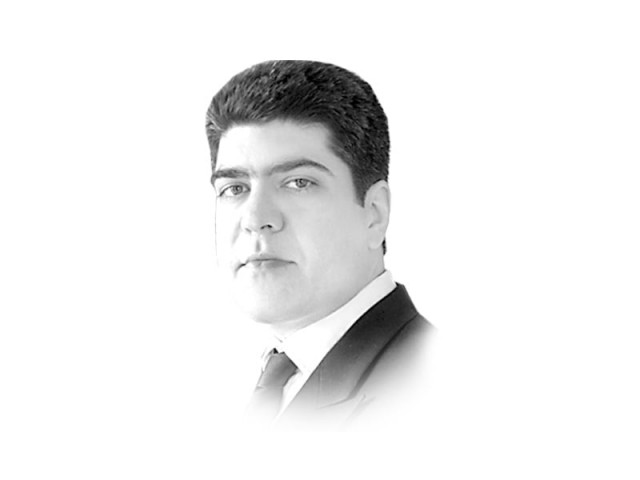Are our cities exclusionary?
“Project-based development” operate outside the democratic system, citizens are excluded from the political system.

Are our cities exclusionary?
Around the world, cities in developing countries are facing this question. In a New York Times interview, Indian urban planner and now chair at the Harvard University Graduate School of Design, Rahul Mehrotra states, with regards to the biggest challenge facing Indian urbanism: “At the micro level our biggest concern is going to be that of the immense polarisation that is occurring in our built environment. The between what we call slums or the informal city and large-scale infrastructure and global architecture is going to set up enormous social tensions in our society. Global capital is landing in our cities and bullying its way physically to create a presence and a polarization, which will be hard to reverse and resolve as we go on unless we address this issue very quickly.
“What results from that polarisation are conditions like gated communities, whether they are vertical gated communities or communities at the edge of the city. Because gated communities usually have their own water supply, sewage disposition, they are actually parasitic on the city because they don’t give to the city. They exclude the city but engage with the city on their own terms, and so it’s not a two-way kind of exchange.”
Much of what Mehrotra has to say is true for Pakistan. Take Lahore, for example. Approximately one-third of the city lives in 10 per cent of its footprint. The overwhelming majority lives in sprawl, consuming peri-urban land, destroying the natural ecology, displacing villagers, increasing property prices beyond the reach of the common man and excluding the many.
The demand in housing in Lahore is huge. Much has been made of this demand by private property developers. They have returned immense profits converting agricultural land on the outskirts of the city into high-end gated communities.
These are not places where the poor are welcomed. In Lahore’s DHA and Bahria Town, beggars are not allowed entry. Some would argue that this is a good thing, but I am merely underlining the exclusionary force these places can apply. Over and above the high cost of property in such areas, the system actively participates in exclusion.
Urbanist and geographer David Harvey, in his tour-de-force analysis of how global economic forces are displacing the urban poor around the world, has argued for a “right to the city”. In his words, “The right to the city is far more than the individual liberty to access urban resources: it is a right to change ourselves by changing the city. It is, moreover, a common rather than an individual right since this transformation inevitably depends upon the exercise of a collective power to reshape the processes of urbanisation. The freedom to make and remake our cities and ourselves is, I want to argue, one of the most precious yet most neglected of our human rights”.
Pakistani urbanist Arif Hasan has described another phenomenon characteristic of our cities. Because of the cost of urban infrastructure projects, local and provincial governments often turn to international funding. Over time, such “project-based development” has replaced long-term urban planning in our cities. Urban infrastructure comes if and when the money is available and not according to a plan or scheme. This “project-based development” operates outside the democratic system, where elected representatives are meant to govern on behalf of the people. Thus, urban citizens are excluded from the political system as well.
Urban areas in Pakistan represent an immense economic potential. To develop this human potential, our cities must encourage economic activity. However, the exclusionary forces that operate in our cities will make this difficult, if not impossible. No great economy — no great country — can grow or sustain itself unless it is equitable and includes all its people.
Published in The Express Tribune, June 14th, 2012.
















COMMENTS
Comments are moderated and generally will be posted if they are on-topic and not abusive.
For more information, please see our Comments FAQ